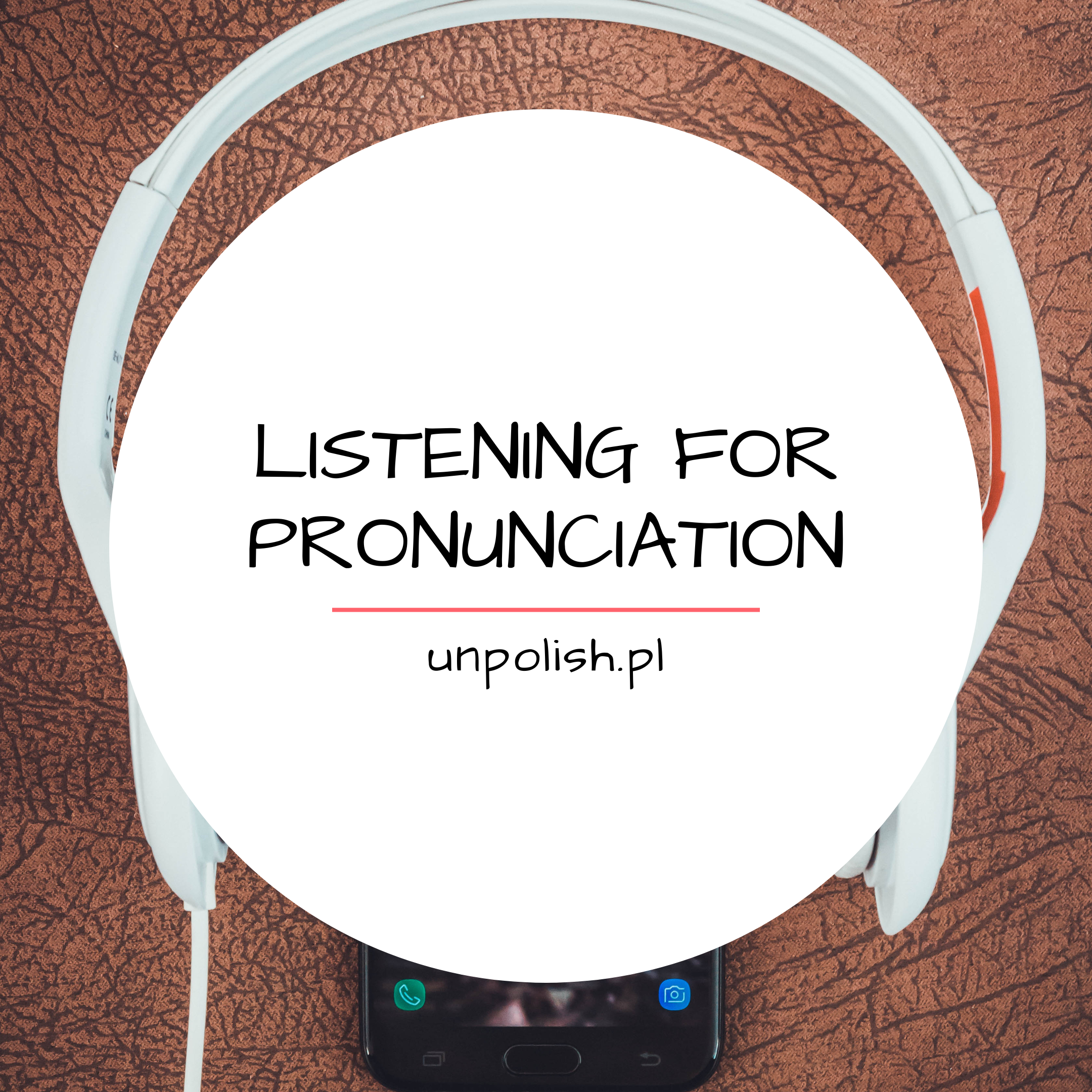How to improve your pronunciation? It takes time, but if you follow these simple steps, it will do wonders!
PREPARATION LISTENING
- Choose a podcast or an audio/video from Spotify, Youtube or Youglish. Ideally, one that is accompanied by a downloadable script!
- Listen to the whole audio for pleasure (without the script).
- Listen to the whole audio once again for 'interesting’ words (even an easy podcast may include some). Note them down as you hear them.
- Listen to the whole audio yet again, but this time look at the transcript as you listen (look up the words that got you interested in a dictionary). Take notes (if you like).
WARM-UP
- Warm up your tongue, lips and cheeks with some mouth gymnastics! To release jaw tension, massage your cheeks with your knuckles. Then, chew & hum with 'mmm’ for 10 seconds with your lips closed in a circular motion. Don’t open the jaw, just move the muscles. Keep chewing and humming for 10 seconds. Repeat it 3 times. Now, clean your teeth using your tongue. Use the tip of your tongue to rub up and down on the inside and outside of each tooth. Touch each tooth! Finally, snort like a horse to relax the lips. 😉
ACTIVE LISTENING PRONUNCIATION PRACTICE
- Let’s get back to the audio. Choose a couple of sentences from it (6-7 lines of the transcript correspond to, roughly, 30 seconds of a spoken text). Maybe some sentences with the most challenging words? Record yourself (e.g. on your phone) reading these sentences but don’t listen to yourself yet. You’ll see why in a moment. 😉
- Now, listen to each phrase/sentence in the recording 3 times first and then try to mirror (read along) them with your lips only (each at least 3 times!). Don’t produce any sounds yet. This is a crucial step, as this is where you realise how similar to the original your reading is. Don’t get frustrated if it doesn’t work after 3 trials, 8 is what usually works with my students, as they need to adjust a little bit to the speed of the recording. This is where you can complain a lot! 😉
- Listen to the phrases/sentences again and mouth them or whisper along (at least 3 times). Try to mimic the recorded speaker.
- Listen to each phrase/sentence separately, stop and repeat it (at least 3 times). This is called shadowing. If the text is lengthy, chunk it, e.g. by stopping at punctuation (. , : ; -. ..) or before words such as or, and, but, if.
- Now, listen and mirror the sentences aloud (at least 3 times). Don’t make the original recording too loud. Keep it in the background.
RECORD AGAIN
Have you practiced enough? Do you feel you are ready to read the bit aloud all by yourself? Try! 🙂 Record yourself as you read out the sentences. Afterwards, listen to this recording and compare your reading with the original audio. Decide what to improve on. Find the beauty in your reading! Catastrophe!? Naaah. 😉 I’m sure you’re doing much better than at the beginning. If you feel you need more practice, go back to step 9.
When you’re super ready, record the piece all by yourself just by looking at the transcript. Remember your voice is beautiful! Plus, there’s so much difference when you practice!
WANT TO KNOW MORE ABOUT LISTENING DECODING SKILLS?
If you are a teacher and want to find out more about listening decoding skills, familiarise yourself with the works of Richard Cauldwell on his website Speech in Action and the Greenhouse – Garden – Jungle approach.
And if you feel like listening to a podcast on the top mispronounced words in the English language, check out this BBC 6 Minute English podcast: Pronunciation Problems.

